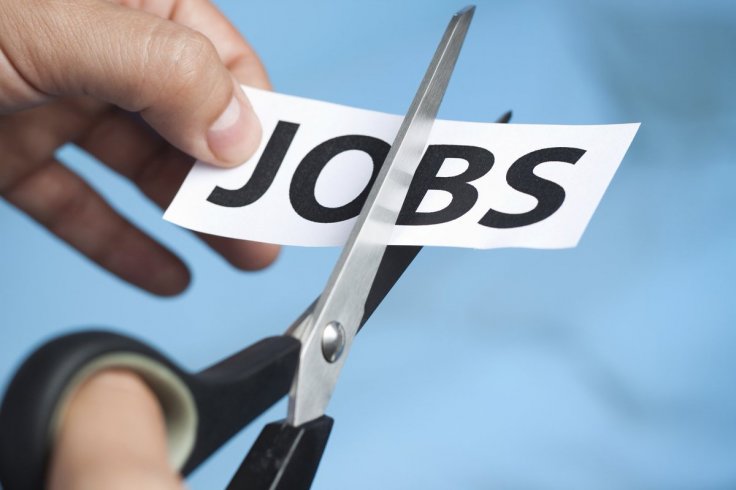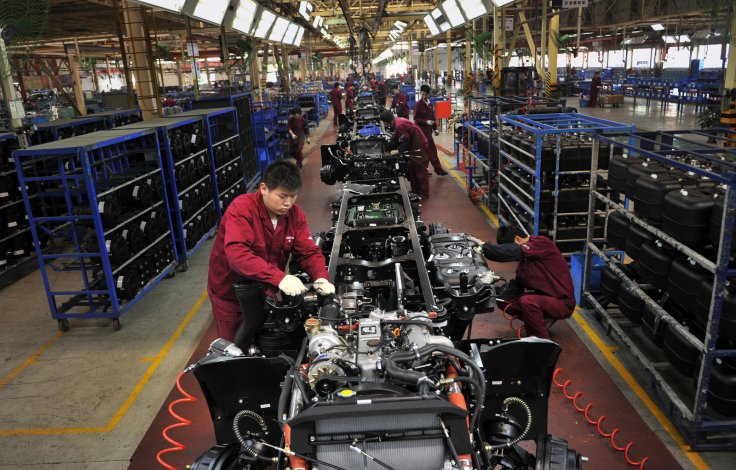Qantas Airways Chief Executive Alan Joyce's salary plunged a whopping 83 percent to $1.2 million (A$1.7 million) in the year ended June, records show. The CEO's salary fell after the airline slashed pay and bonuses as the coronavirus brought operations to a standstill.
It's no secret that top honchos at the leading global conglomerates took pay cuts in the wake of the epidemic that crippled economic activity across the globe. However, there are moot questions. Were the CEO pay cuts in proportion to the misery suffered by workers at the lower levels? Did their pay cuts last longer than those of the lower rung employees? Effectively, did they absorb the greater part of the financial strain the companies faced?

CEOs Actually Gave Up 'Very Little'
A New York Times report at the end of July showed that the CEOs actually gave up 'very little' even as millions of jobs were culled and livelihoods were destroyed across the globe.
Citing a survey that scanned as many as 3,000 public companies, the report says that the cuts were "tiny compared with their total pay last year." As per the report the total pay "includes things like bonuses and stock awards that typically make up the bulk of what corporate bosses take home."
The survey also showed that only a small percentage of companies cut the pay of their senior executives when quite a lot of them they went for large-scale layoffs.
More surprising was the finding that when the CEOs did take a pay cut, the reduction was equivalent to only 10 percent or less of their 2019 compensation. This was applicable in the case of two-thirds of the chief executives of the companies surveyed.
More of a Window Dressing
"These salary cuts were more window dressing than anything else," Liz Shuler, secretary-treasurer of labor union A.F.L.-C.I.O., told the paper.

Airlines, automotive companies, hospitality big wigs and financial majors across the world laid off staff in order to stay lean and survive the pandemic. While Delta CEO Ed Bastian took a 100 percent pay cut for six months, Alaska Air CEO Brad Tilden had said he was cutting base salary to zero.
United CEO Oscar Munoz and President Scott Kirby had said they would forego base salary up until June 2020. In the automotive sector, Lyft co-founders John Zimmer and Logan Green said they would donate their salaries through June, while Fiat Chrysler CEO Mike Manley cut his pay by 50 percent. CEOs of GE and Disney were among other top executives to take a large pay cut.
'CEO Pay Cuts Largely Symbolic'
David Lewin, professor emeritus at the University of California, Los Angeles, meanwhile says that CEO pay cuts are largely only 'symbolic.' He pointed out that while the top CEOs may take a pay cut as such, they are usually compensated in the form of stock shares and bonuses.
"These executive pay cuts, I think, are largely symbolic ... if your compensation is heavily based on the stock shares you own in your company, you might cut your pay in half, but your stock shares might rise five times that much," Lewin told the Marketplace.
A keener look shows that the pay of CEOs and common workers are awfully skewed in favor of the executives, making it clear that capitalism is not working for the lower level workers. A study of pay patterns in S&P 500 companies showed that while the CEOs earned an average of $13.1 million total compensation in 2016, the workers got only $37,632. The CEO-to-worker pay ratio hence stood at 347 to 1.








